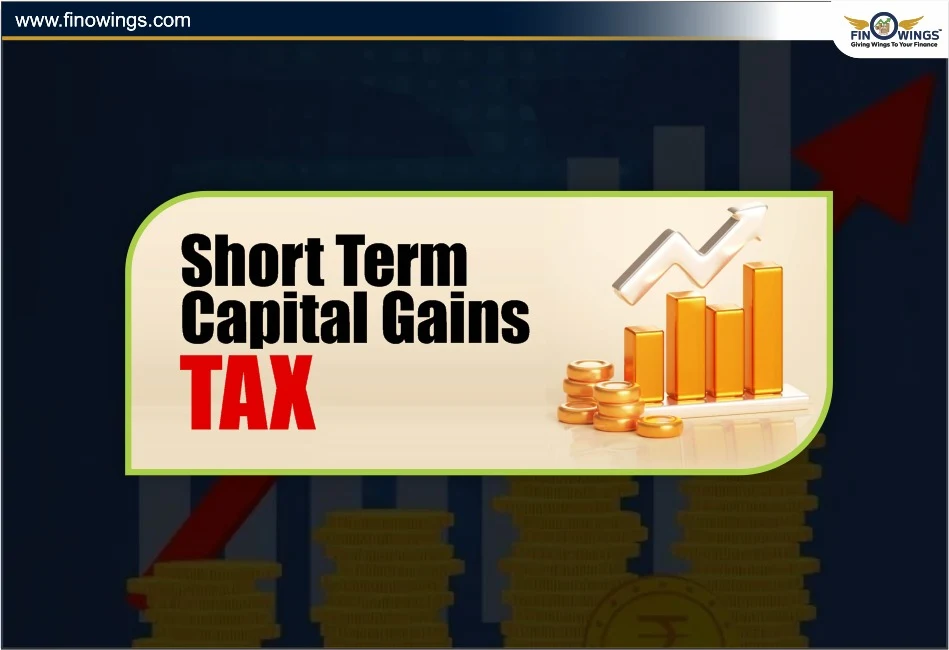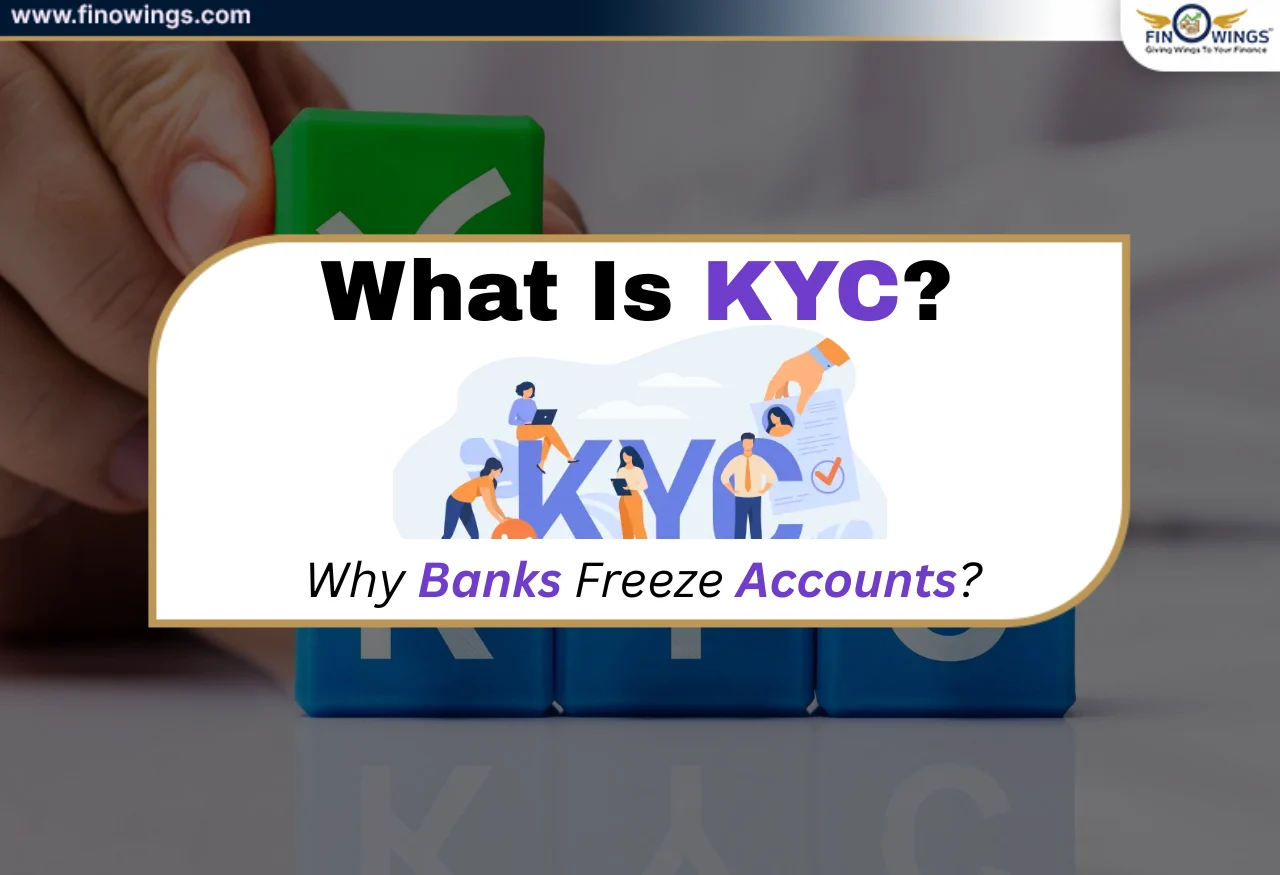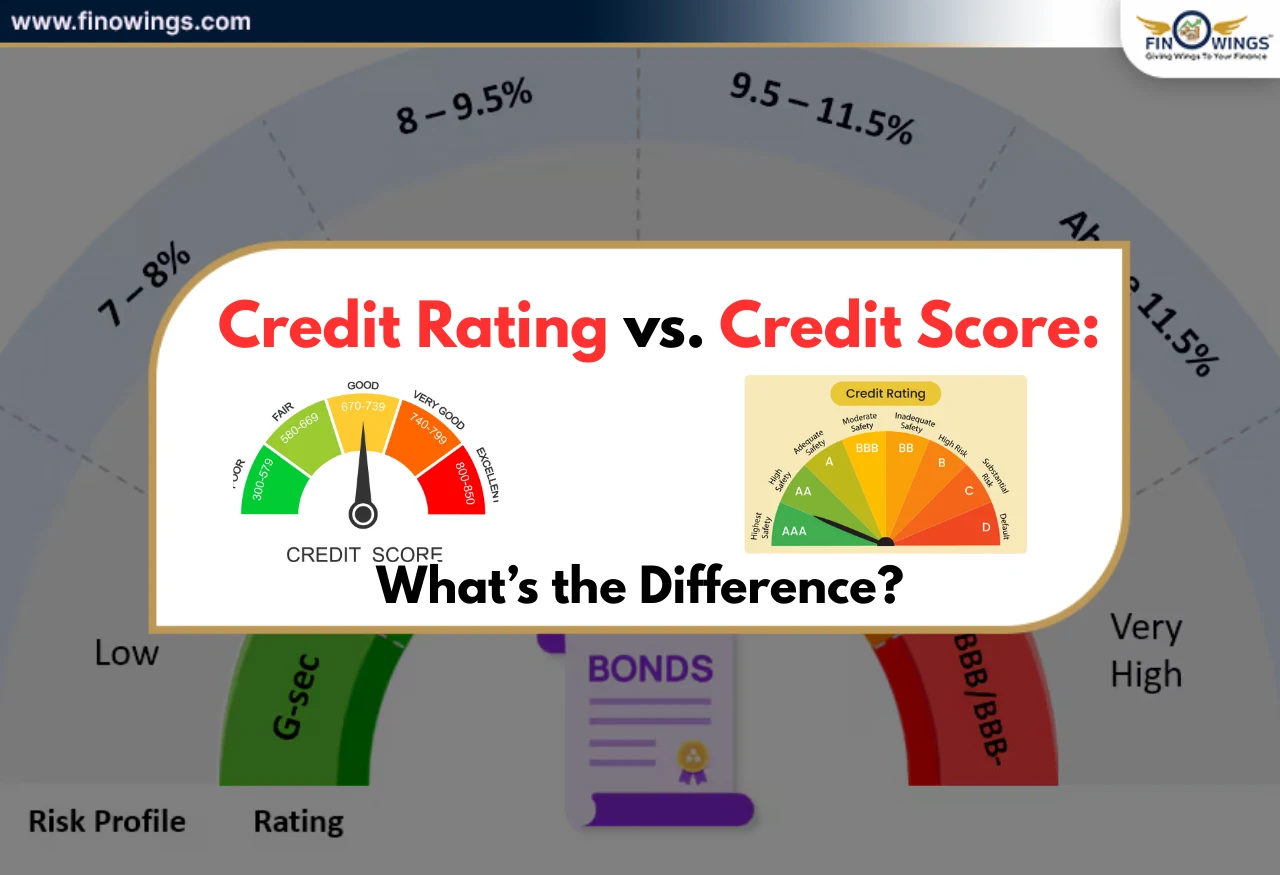Home >> Blog >> Short Term Capital Gains Tax
Short Term Capital Gains Tax

Table of Contents
- What Are Short Term Capital Gains?
- Type of Asset Short-Term Holding Period
- What is Short-Term Capital Gains Tax?
- Short Term Capital Gains Tax Rate in India
- How to Calculate Short Term Capital Gains Tax
- Exemptions and Deductions
- Short Term Capital Gains on Different Assets
- Ways to Legally Reduce the Short Term Capital Gains Tax
- Importance of Knowledge About STCG
- Conclusion
Investing in the stock market, mutual funds, or real estate can yield great returns; but one must understand how gains would be taxed. One kind of tax every investor will face is Short Term Capital Gains Tax (STCG).
Short term capital gains refer to the profit made when shares, mutual funds, or properties are sold in quick succession. This profit, too, is taxable. In the following sections, we will elaborate on what is short term capital gains tax, how it’s calculated, the short term capital gains tax rate and legitimate ways to lower the tax.
What Are Short Term Capital Gains?
Only after understanding what are short term capital gains can we discuss taxation on it. Upon selling a capital asset, say shares, mutual funds, real estate, or stocks of gold or bonds, for a higher price than was paid, one is said to have realised a capital gain. This gain can be short-term or long-term depending on how long the asset was held.
An asset will be designated as a short-term capital asset when sold within the timeframe outlined.
Type of Asset Short-Term Holding Period
Holdings 1 Year
Therefore, for example, when you buy shares in January 2025 and sell them for a profit in June 2025, the profit will be a short-term capital gain.
What is Short-Term Capital Gains Tax?
The profit you make from selling short-term assets is subject to short-term capital gains tax. Profits will be taxed differently depending on the kind of asset and the transaction method. The earnings from equities shares and equity mutual funds will be subject to Securities Transaction Tax (STT) under Section 111A of the Income Tax Act.
However, short-term gains from debt mutual funds, real estate, or gold are subject to the income tax slab and are taxed as part of total income.
Short Term Capital Gains Tax Rate in India
The Short Term Capital Gains Tax Rate in India varies depending on the investment. Here is a brief tax slab for certain investments:-
|
Type of Asset |
Holding Period for Short Term |
|
Listed Shares & Equity Mutual Funds |
Less than 12 months |
|
Debt Mutual Funds / Bonds |
Less than 36 months |
|
Real Estate (Land/Building) |
Less than 24 months |
|
Gold / Jewellery |
Less than 36 months |
Consider a situation where a flat is sold within 2 years of purchase, and the taxpayer is classified in the 30% income tax bracket. Here, the tax on the short term gain would be 30% of the profit, plus 30% additional cess.
How to Calculate Short Term Capital Gains Tax
The formula for calculating short term capital gains tax is:
Short Term Capital Gain = Sale Value – (Purchase Cost + Brokerage/Expenses)
After finding the gain, the short term capital gains tax rate will be determined based on the asset type.
For Example:
Let’s say you bought 100 equity shares of ABC Ltd. at ₹200 each, and sold them after 6 months at ₹260 per share.
Purchase cost: ₹20,000
Sale value: ₹26,000
Profit: ₹6,000
Since this is a listed equity share held for less than a year, it qualifies for short term capital gain. Therefore STCG Tax = 15% of ₹6,000 = ₹900 plus cess.
Exemptions and Deductions
The short-term capital gains on equity shares and mutual funds are not adjustable. As a result, section 80C deductions (which include ELSS, PPF, and insurance) will also not be applicable.
When short-term capital losses occur, you can use any other short-term OR long-term capital gains to offset and reduce taxes.
Short-term losses for which you have not paid taxes can be carried forward for 8 assessment years to offset future capital gains.
Short Term Capital Gains on Different Assets
Let's review how STCG works for different assets.
1. Shares and Equity Mutual Funds
Gains from shares and equity-oriented mutual funds sold within 12 months are taxed at 15%.
Securities Transaction Tax (STT) must be paid during purchase and sale.
Example: after 6 months, if you sold shares at a profit, you will owe 15% STCG.
2. Debt Mutual Funds, Bonds, and Gold
These assets will be taxed according to your income tax slab.
For instance, if your tax slab is 20%, then your short-term gain on selling gold ETFs within 3 years will also be taxed at 20%.
3. Real Estate
Selling a property within two years of the purchase will incur short-term capital gains.
This will be added to your income and taxed at the rate applicable to your income.
Ways to Legally Reduce the Short Term Capital Gains Tax
Although you will have to pay tax on your short-term capital gains, there are ways to minimise your tax liability legally.
1. Longer holding period. If you keep your assets longer than a year, you won't receive short-term capital gains on a portion of your sale. The tax rate on long-term capital gains is lower.
2. Loss set off. You can set off short-term capital losses against your capital gains in that particular year, or the loss can be carried forward to a future year.
3. Tax-saving instrument investments. You can use the Section 80C tax-saving options to reduce your overall taxable income, even if it does not directly reduce your taxable amount against the short-term capital gains.
4. Transaction planning. You can improve your tax position more effectively by timing your sales to a year in which you will fall into a lower tax bracket, or you will sell your assets after 1 April.
Importance of Knowledge About STCG
When it comes to understanding taxes, most investors fail to consider the short-term capital gains tax. Profits and losses seem to occupy most of the attention, and the tax incurred becomes an afterthought. This may impact your gains significantly, especially if you are unplanned and disregard the tax.
Knowing the short-term capital gains tax slab for different investments will help you better manage your investments and control the timing of your transactions.
For example,
A stock trader must consider the 15% STCG on equity trades profit.
For real estate investors, if you hold property for 2 years you will qualify for long-term capital gains.
Conclusion
Understanding how short-term capital gains apply to you and how they tax you based on the holding time is very important for every investor. If you are trading, the profit is taxable, whether you are engaging in stocks, mutual funds, real estate, or purchasing a property that is susceptible to short-term gains tax based on the time of holding and the asset type.
Short-term capital gains tax was designed to encourage long-term investments rather than quick, speculative trades. Although the tax rate is low (15%), the tax will affect big trades significantly.
When assessing your investment returns, remember the tax you will owe on your gain. If you are in doubt, consult a tax advisor or a financial planner. You will be thankful you did!
DISCLAIMER: This blog is NOT any buy or sell recommendation. No investment or trading advice is given. The content is purely for educational and information purposes only. Always consult your eligible financial advisor for investment-related decisions.
Author
Frequently Asked Questions
Short Term Capital Gains Tax is the tax you pay on profits earned from selling assets like shares, mutual funds, real estate, or gold within a short holding period. The tax rate depends on the type of asset and how long you held it before selling.
For listed equity shares and equity mutual funds, STCG is taxed at 15% under Section 111A. For other assets such as debt mutual funds, real estate, or gold, the gains are added to your income and taxed according to your income tax slab.
The formula is:
STCG = Sale Value – (Purchase Cost + Brokerage/Expenses)
Once you find the profit, apply the relevant tax rate. For example, if you earn ₹10,000 from selling equity shares within a year, your STCG tax would be 15% of ₹10,000 = ₹1,500, plus applicable cess.
You can reduce STCG tax liability by:
-
Holding assets longer to qualify for long-term capital gains rates.
-
Setting off capital losses against gains.
-
Investing in tax-saving instruments under Section 80C.
-
Planning your transactions in a lower tax bracket year.
Yes. Short-term capital losses can be adjusted against both short-term and long-term gains. If not fully utilized in the same year, they can be carried forward for up to 8 assessment years to offset future capital gains.



















